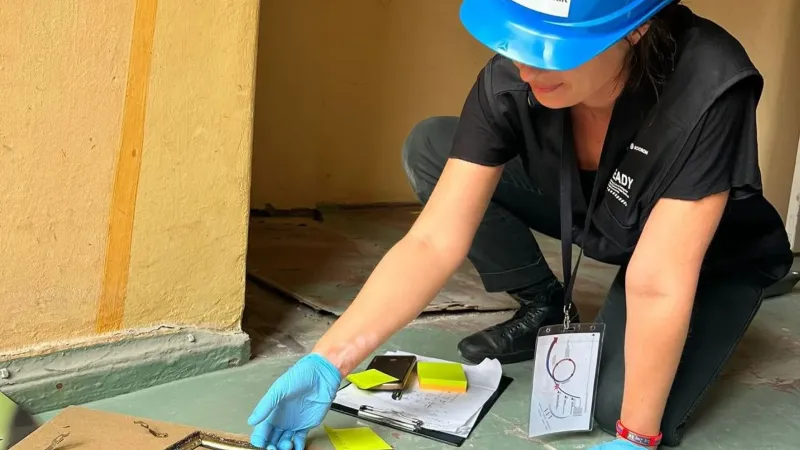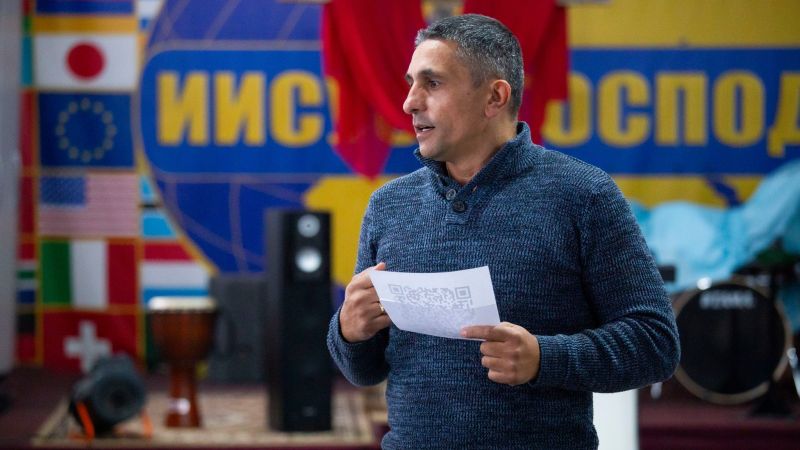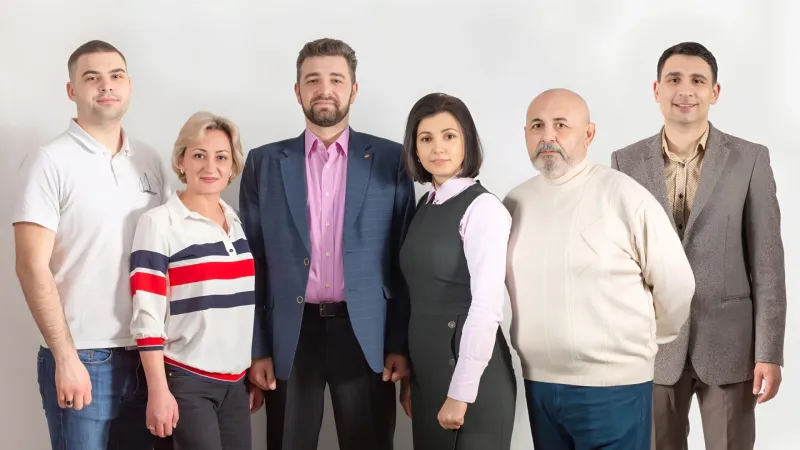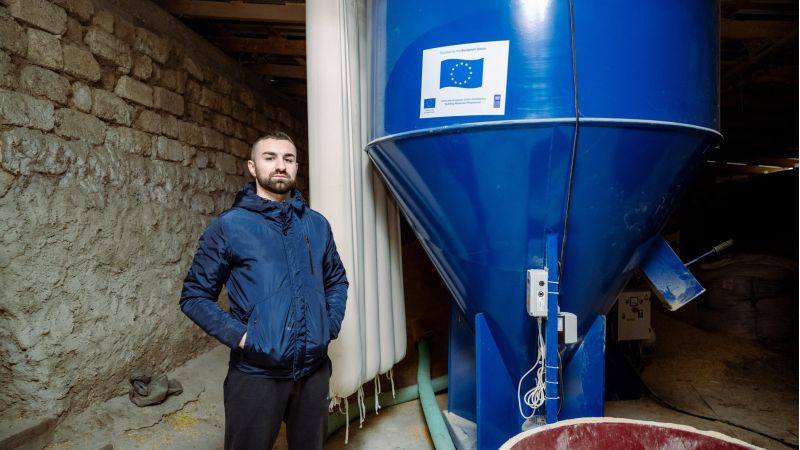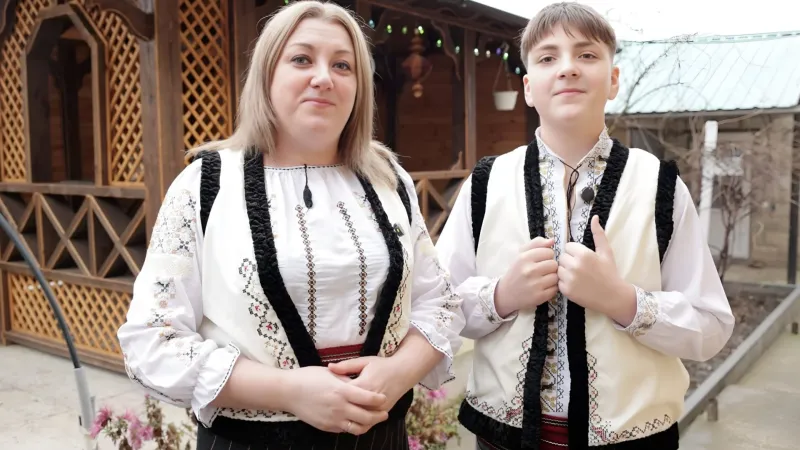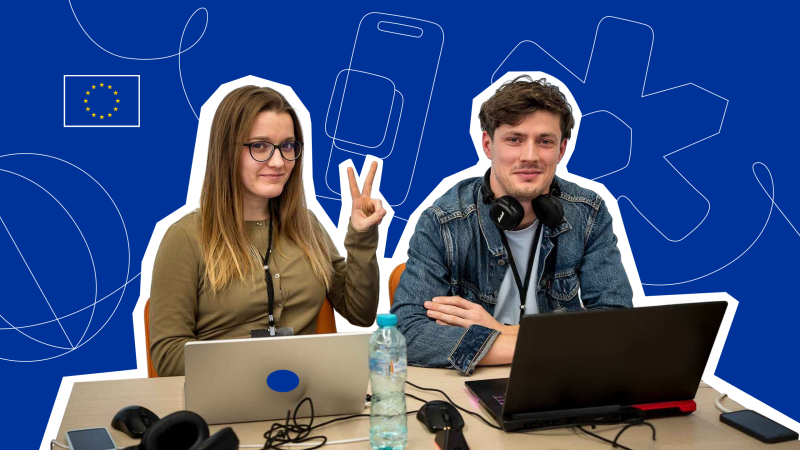
Banca Europeană de Investiţii, sprijină dezvoltarea afacerilor în Republica Moldova
Investiţiile Liniei de creditare BEI susţin dezvoltarea afacerilor de horticultură organiză în Moldova
AMG Kernel, Zam Zam Activ, Maestro Fruits şi Ygrick Group, sunt cele 4 companii, care respectă standardul organic european şi au beneficiat de credite prin intermediul liniei de creditare a BEI, linie creditară care susţine sectorului horticol. AMG Kernel şi Zam Zam Activ au fost finanţate pentru investiţii în domeniul de post-recoltare a nucilor ecologice, Maestro Fruits şi-a dezvoltat linia de procesare a merelor, iar Ygrick Group a primit finanţare pentru utilaj ce produce uleiuri utilizate în patiserie. Zam Zam Activ a combinat producerea ecologică cu utilizarea la maxim a energiei regenerabile.
Linia de creditare BEI, prin intermediul Proiectului „Livada Moldovei”, a contribuit cu 80.000 euro, finanţând investiţia pentru instalaţia fotovoltaică, care furnizează energie electrică la uzina de procesare a miezului de nucă, ce aparţine companiei Zam Zam. La fabrica companiei Zam Zam din Ialoveni, o mare parte a procesului de prelucrare a miezului de nucă este automatizat, ceea ce necesită multă energie. „Ne-am confruntat permanent cu pene de curent electric, cred că practic de 2 ori pe săptămână nu aveam electricitate, cauzând dificultăţi majore în procesul de lucru, astfel am început să căutăm soluţii”, spune Irina Onceanu, managerul fabricii de procesare. „În acelaşi timp, consumul de energie este mare şi facturile pot ajunge până la 40-50 mii lei pe lună. Iniţial, am cumpărat un generator, dar apoi ne-am gândit la un sistem fotovoltaic, care ne va furniza electricitate pură şi durabilă” a adăugat Irina.
Ea spune că urmăreşte cu atenţie portalul de ştiri Agrobiznes, unde a citit despre linia de creditare a BEI ce susţine aşa investiţii, cum ar fi panourile fotovoltaice. Fiind o companie activă în cultivarea şi procesarea nucilor, compania a fost declarată eligibilă pentru accesarea creditului în condiţii preferenţiale. Modelul de afaceri a companiei Zam Zam, presupune producerea în conformitate cu standardele internaţionale de calitate (ecologice, ISO, FSSC) necesare pentru piaţa de export în Orientul Mijlociu, şi în special în UE. „Pe piaţa locală avem contractate doar două companii de patiserie. Compania de asemenea, achiziţionează în cantităţi mari, doar că miez de nucă de dimensiuni mici”. Compania întreţine 140 ha de livadă de nuc, transformate în producere ecologic certificată. În loc să investească capitalul propriu în plantarea propriilor plantaţii, compania le închiriază de la fermieri, astfel încât lichidităţile să fie investite în utilaje de ultimă generaţie. „Am dotat instalaţia cu patru linii de sortare automată, avem planuri să construim o altă fabrică în partea de nord a Moldovei, astfel creând locuri de muncă suplimentare” relatează Irina.


